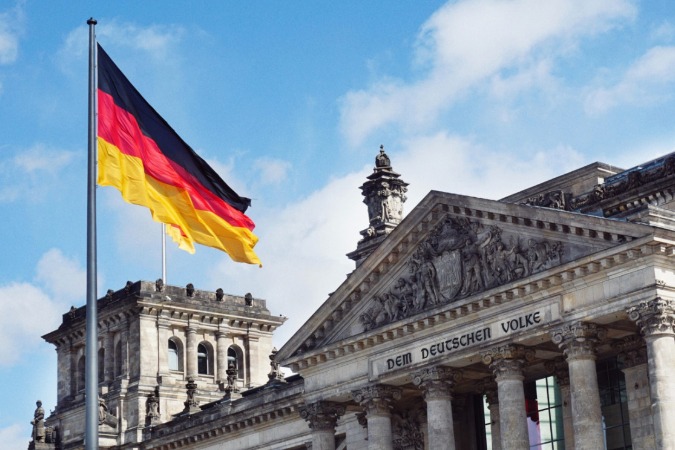
In the global economic landscape, Germany, as the leader of Europe, has a profound impact on the world's nerves with every move it makes. Recently, the decline in a series of economic indicators has not only attracted widespread attention from the domestic public, but also prompted the international community to re-examine the economic prospects of Germany and even the entire Europe.
The German economy has long been an important pillar of the European and even global economy. The key indicators for measuring the health of the German economy include but are not limited to Gross Domestic Product (GDP), Industrial Production Index, export data, unemployment rate, and consumer confidence index. These indicators not only reflect the current economic situation in Germany, but also indicate future development trends. However, in recent years, due to multiple factors such as the global economic slowdown, increased uncertainty in the international trade environment, and domestic structural problems, German economic indicators have begun to show a downward trend, causing market concerns.
The specific manifestations of indicator decline mainly include three aspects. Firstly, the slowdown in GDP growth rate: As a core indicator for measuring the total economic output of a country or region, the growth rate of Germany's GDP has shown a slowing trend in recent years. Especially against the backdrop of escalating global trade tensions, Germany, as an export-oriented economy, has been severely impacted in terms of economic growth. Secondly, the decline in industrial production: Industrial production is another important pillar of the German economy. However, with the weakening of global demand and the shift of manufacturing industries, German industrial production has also fallen into a downward trend. This not only affects the profitability of the enterprise, but also exacerbates the pessimistic sentiment in the market.
Thirdly, weak export growth: Germany is one of the world's largest exporting countries, with exports contributing significantly to its economic growth. Against the backdrop of rising global trade protectionism and slowing global economic growth, Germany's export growth has faced unprecedented challenges. The decrease in export orders and the increase in trade barriers have put enormous market pressure on German companies.
In addition, the decline in economic indicators has had a profound impact on the German job market. With the decline in profitability of enterprises and the intensification of market competition, some companies have to take layoffs to reduce costs. This has led to an increase in Germany's unemployment rate, especially in manufacturing and export-oriented industries. At the same time, the increasing uncertainty in the job market has also affected people's consumption confidence and investment willingness, further exacerbating the downward pressure on the economy.
Despite facing many challenges and uncertainties in the current German economy, it still has strong development potential and resilience in the long run. Firstly, Germany's well-developed infrastructure and advanced manufacturing system provide a solid foundation for economic growth. Secondly, the German government and various sectors of society have injected new impetus into innovation and sustainable development. Finally, Germany's position and role as the leader of the European economy in international trade and global governance will continue to be played and strengthened.
It is worth noting that in the future development process, Germany needs to pay more attention to solving domestic structural problems, such as improving the flexibility and efficiency of the labor market, strengthening technological innovation and industrial upgrading, and responding to the challenges of global economic changes and seizing new development opportunities.
In short, against the backdrop of declining indicators, the German economy is facing many challenges and opportunities. By adopting effective policy measures and strengthening international cooperation and coordination, Germany is expected to overcome current economic difficulties and achieve more stable and sustainable development.

The United States announced on Monday its commitment to provide 1.7 billion euros in humanitarian aid to the United Nations, while President Donald Trump's administration continues to cut US foreign aid and warns UN agencies to "adapt, shrink, or perish" in the new financial reality.
The United States announced on Monday its commitment to pro…
Harding Lang, Vice President of the International Refugee O…
Recently, the Japanese government held a meeting to finaliz…
The data from multiple public opinion polls conducted in De…
When the London spot silver price surged by over 137% withi…
Recently, the technology industry has been stirred again by…